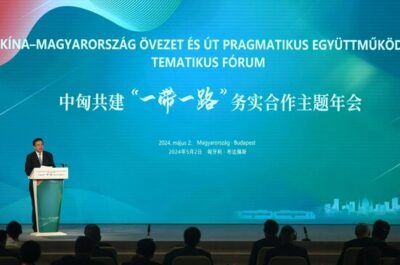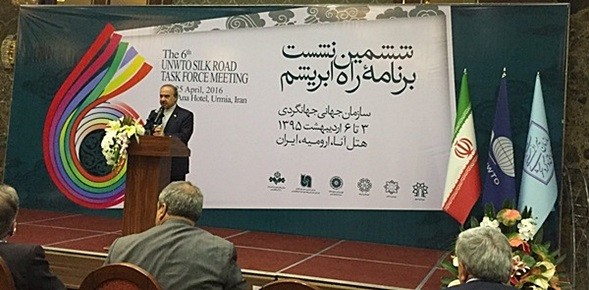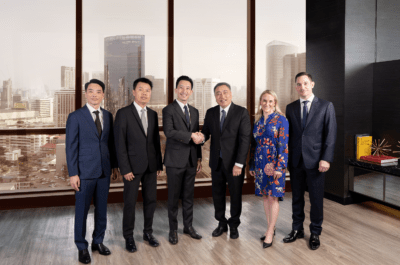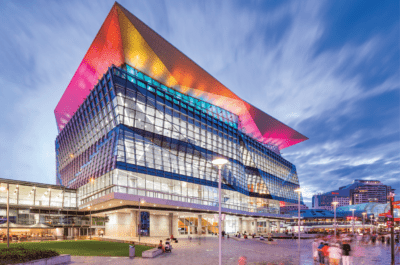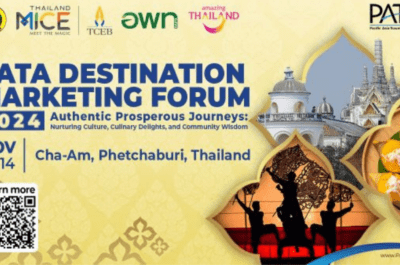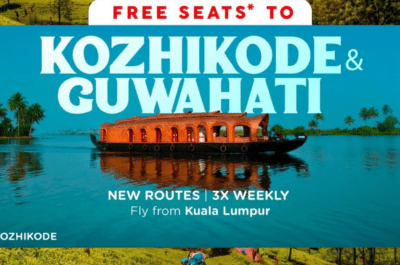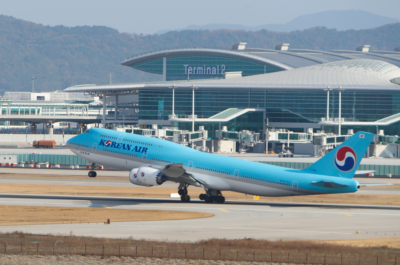The 6th UNWTO Silk Road Task Force Meeting held in Urmia, Islamic Republic of Iran on 22-25 April 2016, agreed to advance joint marketing, training, infrastructure development and visa facilitation. The Meeting brought together representatives from 14 countries to discuss the key priorities for the Silk Road Action Plan 2016/2017.
The 6th UNWTO Silk Road Task Force Meeting, hosted in the ancient Silk Road city of Urmia, was organized by UNWTO, the Iranian Cultural Heritage, Handicrafts and Tourism Association (ICHTO) and the West Azerbaijan Province. Over 500 public and private sector stakeholders attended the official opening of the meeting.
Opening the event, the Vice-President of the Islamic Republic of Iran and the President of ICHTO, Mr. Masoud Soltanifar, said “We hope to cooperate with other countries, while bridging information dissemination, commercial and trade cooperation and cultural exchanges. In doing so, we will contribute to the promotion of the modern Silk Road spirit – contributing to world peace and development.”
At the opening, Mr. Zoltán Somogyi, UNWTO Executive Director said, “We are at a crucial point of the Silk Road Programme as a growing number of countries are prioritising the Silk Road in their economic development strategies. There is also an increasing demand for transnational tourism routes and itineraries globally from the perspective of both public and private sectors and we must maximize this trend.”
The meeting focused on the three key pillars of the Silk Road Action Plan: i) marketing and promotion ii) destination management and capacity building and iii) travel facilitation. The Task Force agreed that, while the Silk Road presents extensive opportunities for development, success will be determined by establishing strategies and objectives that are achievable for all destinations.
The key priorities set by the Silk Road Task Force include:
– To develop a jointly shared Silk Road Mobile Application with relevant travel information of all participating Silk Road countries, including maps, images and relevant information on Silk Road heritage.
– To enhance the joint management of Silk Road heritage corridors through the unification of heritage guide and heritage protection standards, and the development of sustainable tourism products.
– To enhance the coordination among Silk Road countries to improve and facilitate travel across borders.
During the Meeting, Iran, represented by the Tourism Deputy of ICHTO, Mr. Morteza Rahmani Movahed, put forward two main proposals: i) to establish a Silk Road Heritage Guide Training Centre aimed at improving and unifying heritage guide standards across the Silk Road. Hosted by ICHTO, the centre would be developed in collaboration with UNWTO, UNESCO and the World Federation of Tourism Guides Association (WFTGA); and ii) to develop a new Silk Road Heritage Corridor connecting Iran with Iraq in order to further enrich and diversify the tourism offer of the Silk Road countries.
The 6th UNWTO Silk Road Task Force Meeting was attended by officials from UNESCO and the Iran Federation of Tourist Guide Associations, as well as representatives from the Silk Road Member States Bulgaria, Croatia, Georgia, Indonesia, Iran, Iraq, Kazakhstan, Mongolia, Pakistan, Russia, Spain, Turkey, Ukraine and Uzbekistan. A number of UNWTO Affiliate Members joined the Meeting, including the International Centre of Wine and Gastronomy and the Spanish Institute for Quality Tourism. Turkish Airlines supported the event and shared its actions in promoting route development and connectivity across the Silk Road.
Theodore is the Co-Founder and Managing Editor of TravelDailyNews Media Network; his responsibilities include business development and planning for TravelDailyNews long-term opportunities.
